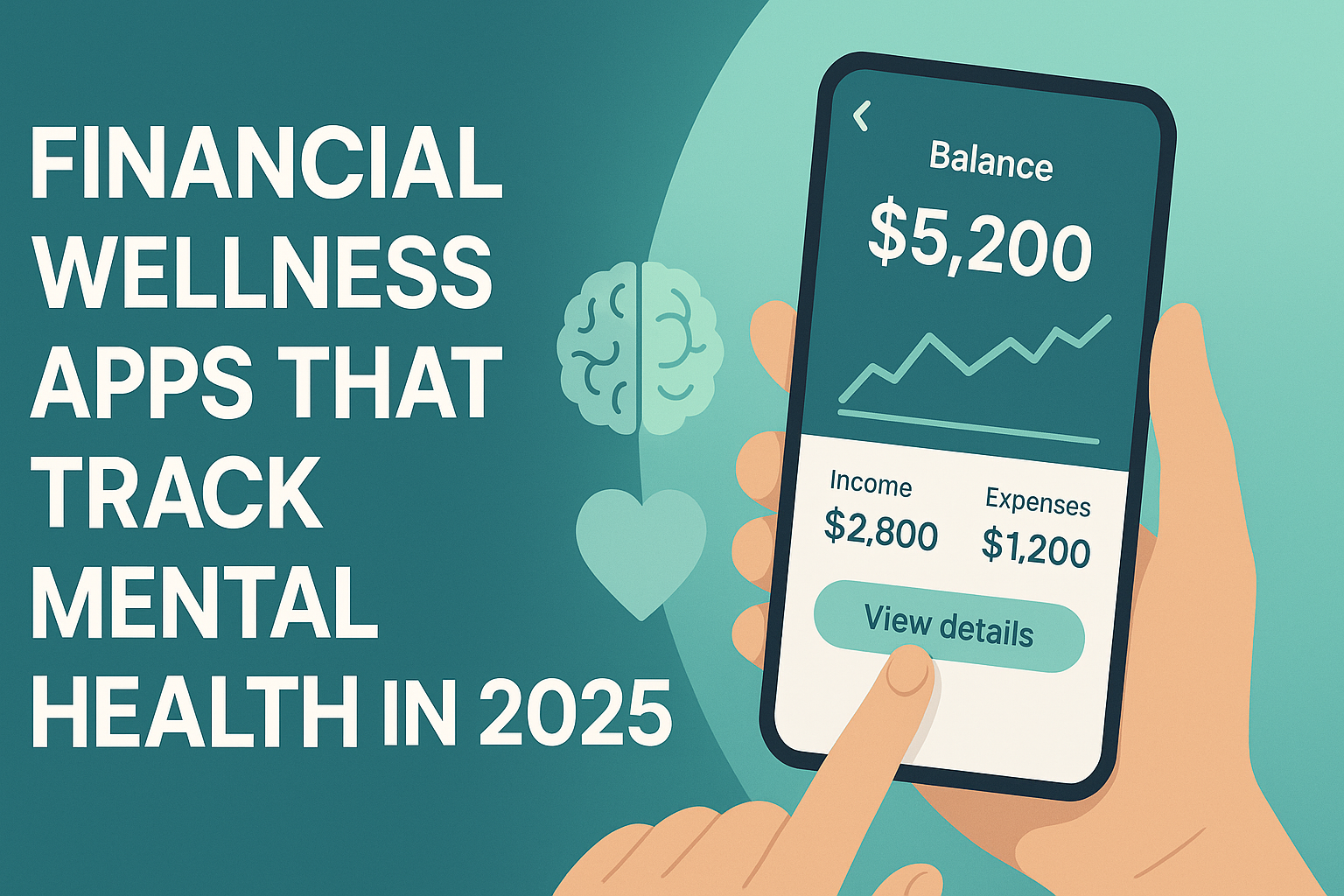Economic reform, rising output, and political disruption are reshaping Argentina — and opening new doors (and risks) for global investors, savers, and everyday citizens.
After years of financial instability, inflationary trauma, and international skepticism, Argentina is surprising global markets with a strong first-quarter GDP growth of 5.8% in 2025 — a figure that, frankly, few saw coming.
Behind this rebound is President Javier Milei, whose radical “chainsaw” approach to public spending and institutional reform has drawn equal parts praise and criticism. But regardless of your stance on his ideology, the numbers are what they are: Argentina is growing. Fast.
Now the real question becomes: What does this mean for your financial decisions? Whether you’re based in Latin America, hold exposure to emerging markets, or simply want to understand how one nation’s economic volatility can ripple through your portfolio — this story matters.
Let’s dig deeper.
Background & Context: Milei’s Shock Therapy
To understand Argentina’s sudden revival, you need to understand how deep the crisis was — and how aggressive the response has been.
By the end of 2023, Argentina was facing:
Annual inflation above 200%
A deeply devalued peso
A bloated public sector
Massive fiscal deficits and a collapsing bond market
Enter Javier Milei: a libertarian economist who ran on a campaign of radical deregulation, state austerity, and anti-establishment messaging. His so-called “chainsaw plan” wasn’t just a metaphor — it included:
Eliminating or merging government ministries
Slashing fuel and transport subsidies
Selling off state-owned assets (including the presidential jet)
Floating the peso and dismantling price controls
While painful, these moves appear to be paying off. Inflation is finally decelerating. The peso has stabilized. Investor confidence is cautiously returning. And now, with 5.8% GDP growth reported for Q1 2025, the country seems to be turning a corner.
But the road ahead remains volatile — and full of implications for personal finance.
Deep-Dive Analysis
Impact on Homeowners and Mortgage Seekers
For homeowners in Argentina — and for international investors in the country’s real estate market — the current climate presents a paradox.
On one hand, rising GDP and increased investor confidence often lead to higher demand for housing, especially in major cities like Buenos Aires, Córdoba, and Rosario. That demand can support — or even accelerate — property appreciation.
But on the other hand, economic growth could bring interest rate tightening. To prevent inflation from resurging, the Central Bank of Argentina may raise borrowing costs. That could make mortgages more expensive — or harder to qualify for — especially in a country where fixed-rate loans are rare.
If you already own a property with a stable loan, you’re better positioned. But if you’re looking to buy, timing is key. Monitor announcements from the central bank and consider how inflation expectations might influence financing terms in the near term.
Impact on Investors & Savers
This is perhaps where the biggest transformation is occurring.
After years of capital flight and currency instability, Milei’s reforms have started to rebuild confidence in Argentina’s financial system. Bond spreads have narrowed. The Merval stock index has seen double-digit gains. Foreign investors are cautiously eyeing the country again.
Here’s what to consider:
Equity opportunities in sectors like agriculture, energy, and infrastructure — especially firms positioned to benefit from deregulation and currency stabilization
Argentine government bonds — high-yield, but still high-risk; useful for sophisticated investors seeking exposure to sovereign recovery
Dollarized investment vehicles like ADRs (American Depositary Receipts), which allow U.S. investors to access Argentine equities without FX exposure
For savers within Argentina, the macro trend is even more relevant. As inflation slows, and if Milei succeeds in controlling monetary policy, real returns on savings could reemerge for the first time in a decade.
Still, vigilance is key. Even modest inflation can erode purchasing power if your savings aren’t properly positioned — either through high-yield instruments or inflation-protected vehicles.

Impact on Jobs & Consumers
When economies grow, jobs follow. And that’s what Argentina is hoping for.
The 5.8% GDP bump is already generating new hiring activity in logistics, agriculture, construction, and services. Foreign direct investment, especially from Brazil, the U.S., and parts of Europe, is expected to pick up if economic reforms prove durable.
But here’s the catch: real wages are still lagging. Despite job creation, inflation-adjusted income remains below pre-2020 levels for many workers.
For consumers, this means a cautious path forward:
Imported goods (especially electronics, vehicles, and medicine) may remain expensive due to FX volatility
Domestically produced goods and services are slowly becoming more affordable
Consumer confidence is rising, but purchasing power is still fragile
The bottom line? Optimism is returning — but for now, many Argentines are still spending carefully.
Actionable Takeaways & Key Insights
Watch interest rates carefully. If you’re looking to finance a home or refinance debt, stay on top of announcements from the Central Bank of Argentina — and global trends influencing EM lending rates.
Explore international exposure. If you’re a U.S.-based or European investor, consider cautious entry points into Argentine equities or regional ETFs that capture South American growth.
Maintain inflation discipline. Even in a recovering economy, inflation can rebound. Diversify into assets that preserve purchasing power, like commodities or hard currencies.
Follow policy shifts. Milei’s reforms are not guaranteed to stick. Stay informed on political resistance, legal challenges, and midterm election outcomes.
If you’re an entrepreneur: Keep an eye on deregulation in the small business sector. Reduced bureaucracy may open doors for local and international ventures in logistics, software, fintech, and agriculture.
Conclusion & Call to Action
Argentina’s 5.8% GDP growth in Q1 2025 is more than a rebound — it’s a rare case of radical reform translating into measurable recovery.
For years, Argentina was seen as a cautionary tale: runaway inflation, fiscal dysfunction, and policy chaos. But today, it may be something else — a high-risk, high-reward case study in how bold economic reform can change a nation’s trajectory.
Whether you’re a homeowner navigating inflation, an investor eyeing Latin America, or a global citizen curious about how economies recover from crisis, this is a story worth following.
Stay tuned to The Evolving Post for more smart, actionable updates that impact your money and your future — because understanding the system is the first step to changing your financial story.
While this analysis is based on thorough research, it is for informational and educational purposes only and should not be considered financial advice.








